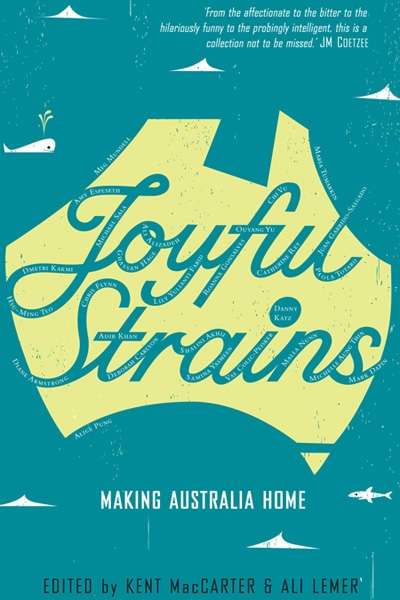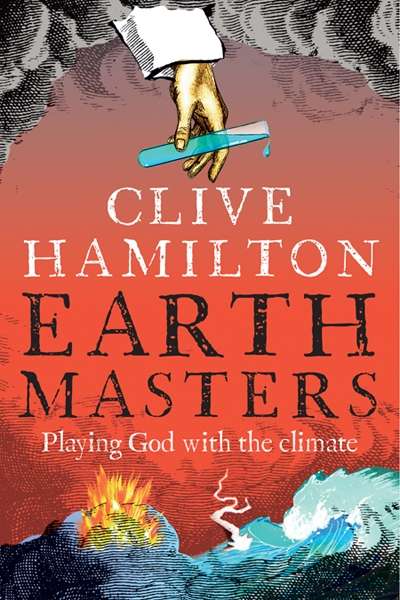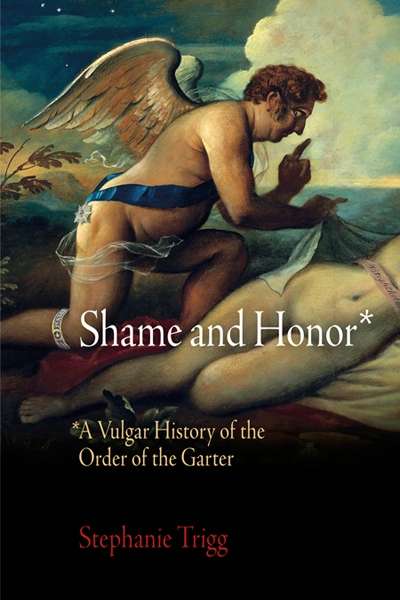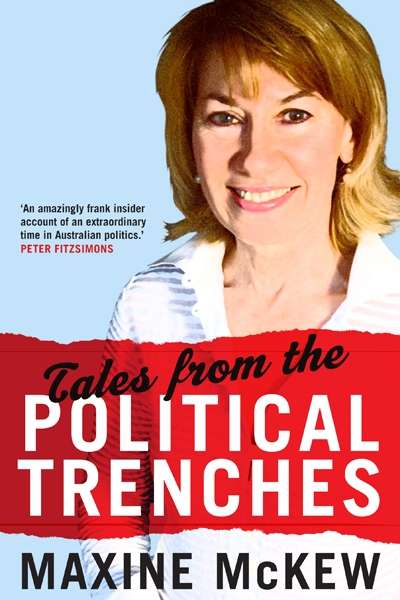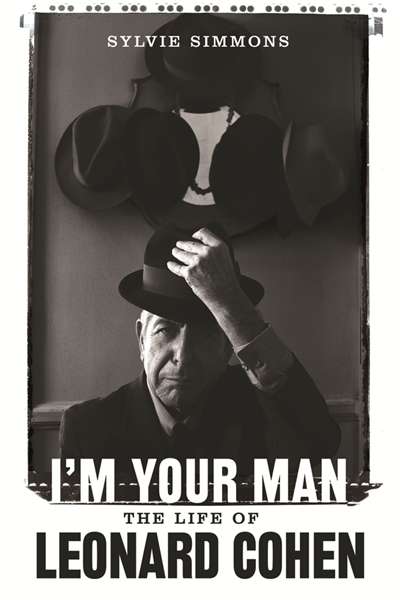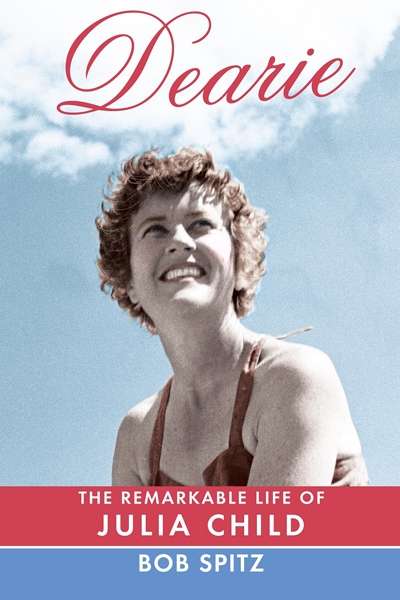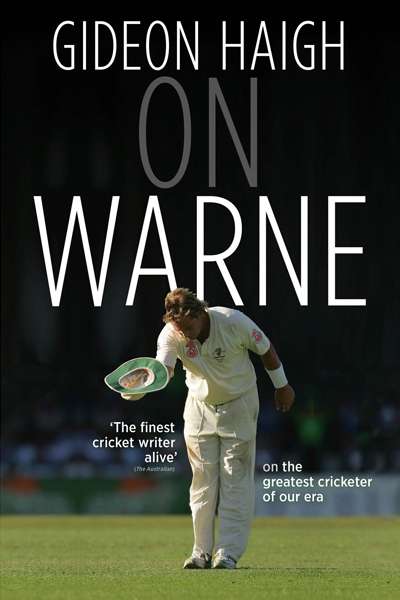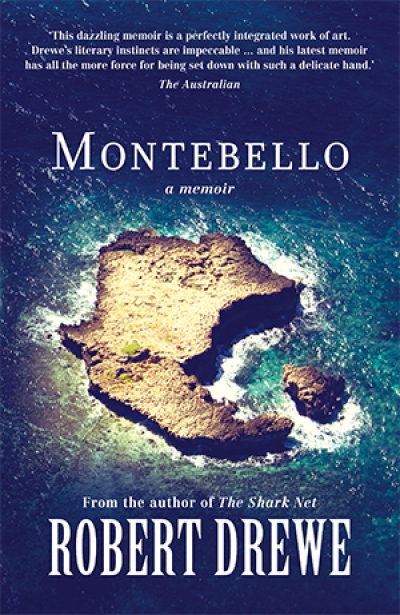Non Fiction
Joyful Strains: Making Australia Home edited by Kent MacCarter and Ali Lemer
‘No’ is not part of modern consumer life. ‘Yes’ is the catchcry of the market. Despite the best efforts of scientists and activists, it may be too late to phase out fossil fuels and find alternatives to the mass consumerism that is so dependent on them. Human-induced global warming’s tipping point is nigh. There is almost no turning back. Geo-enginee ...
Shame and Honor: A Vulgar History of the Order of the Garter by Stephanie Trigg
Two photographs from the present book, caught by the British press in 2009, vividly testify both to the fun and to the difficulty of maintaining ancient ritual in the modern world. In the first, a widely grinning Prince Harry, one leg extended in parody of traditional marching style ...
... (read more)Tales from the Political Trenches by Maxine McKew
By its title, Tales from the Political Trenches promises reportage from the front line, eyewitness accounts of what really happens in the hidden zones of the political battlefield. The tales told here follow a rollercoaster sequence of political events: the meteoric rise of Kevin Rudd, Maxine McKew’s triumph over ...
... (read more)I'm Your Man: The Life of Leonard Cohen by Sylvie Simmons
One day in 1984, Leonard Cohen played his latest album to Walter Yetnikoff, the head of the music division of Cohen’s record label, Columbia. Yetnikoff listened to the album, and then said, ‘Leonard, we know you’re great, we just don’t know if you are any good.’ Columbia subsequently decided against releasing the album, Various Positions (1985), in the United States, the lucrative market that Cohen had failed to crack since his début album, Songs of Leonard Cohen (1967). Columbia failed to foresee that Various Positions contained the song that would become Cohen’s most famous, ‘Hallelujah’, which Sylvie Simmons describes as an ‘all-purpose, ecumenical/secular hymn for the New Millennium’. It’s been covered by countless singers and X Factor contestants.
... (read more)Dearie: The Remarkable Life of Julia Child by Bob Spitz
One day as I was reviewing this book in London, I happened to turn on the television, only to discover that BBC One now features three hours of cooking programs on Saturday mornings – very appropriate when one is reading a biography of the woman who changed American eating habits. When you are not watching the likes of Michel Roux demonstrating how quickly he can make an omelette, there are clips from a Jamie Oliver or Nigella Lawson show.
... (read more)In his The Art of Wrist-Spin Bowling (1995), Peter Philpott remarks: ‘If there is one factor in spin bowling which all spinners should accept … it is the concept that the ball should be spun hard. Not rolled, not gently turned, but flicked, ripped, fizzed.’ Richie Benaud agrees: ‘Spin it fiercely. Spin it hard.’ The intensity of the grip that produces ‘fizz’ will also often result in the ball either floating high and free in the air or thumping into the pitch a few yards ahead of the popping crease.
... (read more)Robert Drewe’s first memoir, The Shark Net (2000) – an account of ‘memories and murder’ – opens in the transforming ‘different sunlight’ of a courtroom, a light that seems ‘harsher, dustier, more ancient looking’, making the figure in the dock somehow ‘uglier, smaller’, ‘like a criminal in a B-movie’, the very ‘stereotype of a crook’.
... (read more)An imperfectly remembered life is a useless treachery.
Barbara Kingsolver, The Lacuna
When my American mother-in-law died, the world financial markets went into a tail-spin. Melba was her name; her own mother, who migrated from Italy to New England in the late nineteenth century, was an oper ...


